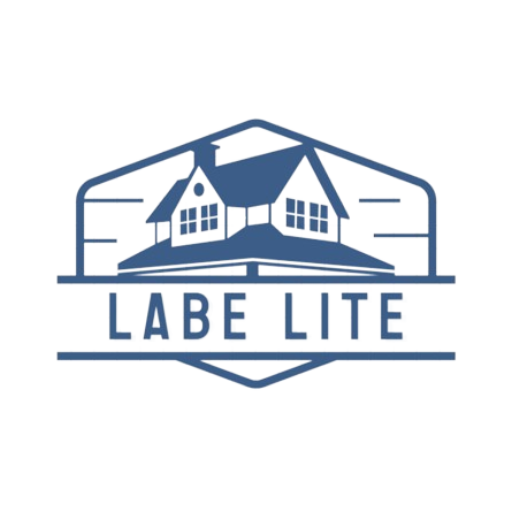Menguak Rahasia Mesin Slot: cara menang mesin slot
Mesin slot telah lama menjadi favorit di kasino di seluruh dunia. Dengan kemajuan teknologi, mesin slot kini tak hanya terbatas di kasino fisik tetapi juga sangat populer di platform online. Artikel ini akan menjelaskan secara mendetail cara kerja mesin slot serta mengungkap beberapa strategi yang dapat meningkatkan peluang Anda untuk menang. Cara Kerja Mesin Slot:…
Read More “Menguak Rahasia Mesin Slot: cara menang mesin slot” »










